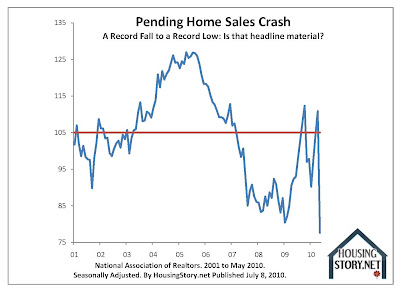As so many forget George W. Bush was in a similar position in his lackadaisical early presidency, prior to 911 and the invasions of Afghanistan and Iraq.
One thing that W never forgot, in fact it was almost a central tenet of his political life, is to never lose your base, always keep their interests in mind.
Who is Obama's base? He has lost the independents, the new voters who came out for his promises of change and reform. He has lost his party from the left to the middle, when he dropped the pretenses after the election and packed his administration with big business shills and Chicago cronies. The core of the Republican party will never accept him no matter what he does, because they cannot trust him, and do not easily compromise as they are ideologues, as inflexible as the far left whom they despise. He does maintain the hard core of the Democratic faithful, but their support is stronger in the public faces than in their private conversations.
I admit I cannot figure the man out even now. He is obviously well spoken and intelligent, but is lacking in principle, weak willed, seemingly light in what used to be called character, and even worse, softly corrupt in the 'go along to get along' and low class grubbiness of the Chicago machine. An Americanized version of Tony Blair some might say, with a Liverpudlian twist. The choice and continuance of Tim Geithner as Treasury Secretary epitomizes his presidency. The American people voted for change, for a Roosevelt, and were delivered something closer to a Warren G. Harding.
Why bring this up at all? Anyone who has followed this blog knows that I identified Obama as a pivotal figure well before he was a credible presidental contender. He was going to be the change agent, immensely important. And he has failed to deliver anything that could conceivably change the lumbering decline of his nation and our worst case forecast.
And it indicates how rough things will be for his party in the November elections, if not for all incumbents. This means that changes in policies, in approaches, will be de rigueur. That is, if American politicians will care about the electorate anymore, or are merely content serve the money masters in the corporations. Those changes will affect the economy and foreign policy of the last remaining superpower, even as it might be faltering, and that has implications for the world.


































